Minister of Finance

Kouchouk outlined key fiscal policies and upcoming tax measures designed to provide greater stability and support for the private sector, fostering a conducive environment for increased investments.

Egypt's general budget achieved a primary surplus of LE 857 billion during FY2023/2024, compared to about LE 164 billion in FY2022/2023, Kouchouk added.
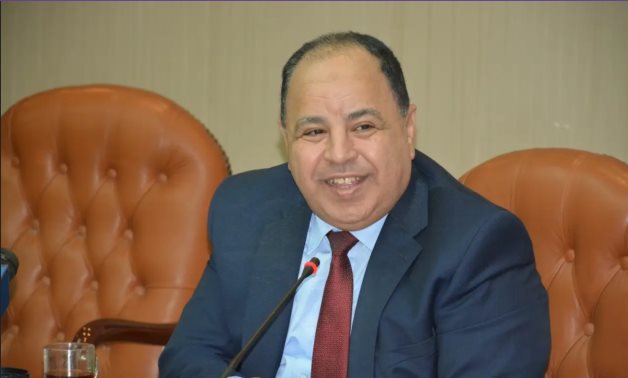
Since October 2019, the government has provided approximately LE 62 billion in support to exporting companies.

In terms of customs electronic receipts, there was a growth of 38 percent, totaling LE 284.3 billion from July 2023 to May 2024, in contrast to about LE 205.8 billion during the same period in the last fiscal year.

This represents an increase compared to the previous fiscal year, where the surplus was only LE 116 billion, accounting for 1.15 percent of the GDP.
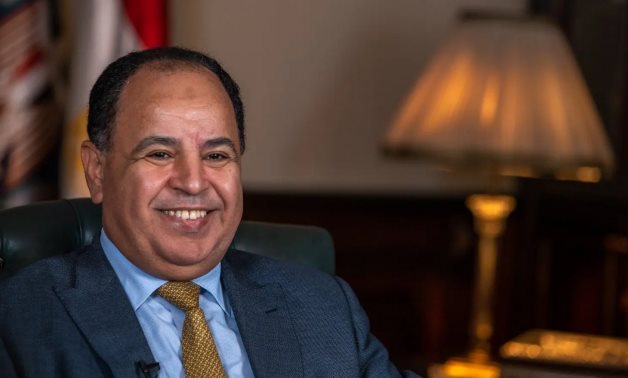
Maait expressed optimism about acquiring the loan either by the end of 2024 or at the beginning of 2025.

Maait addressed one of the key priorities outlined in the new budget, which sets aside LE 40.5 billion to support productive activities and enhance export capabilities.

Minister Maait reaffirmed that the government's support for exporting companies over the past four years amounts to approximately LE 55 billion.

It is emphasized that this new economic trajectory will effectively align fiscal and monetary policies.

Maait also stated that Egypt has succeeded in providing LE 115 billion to support the health sector.
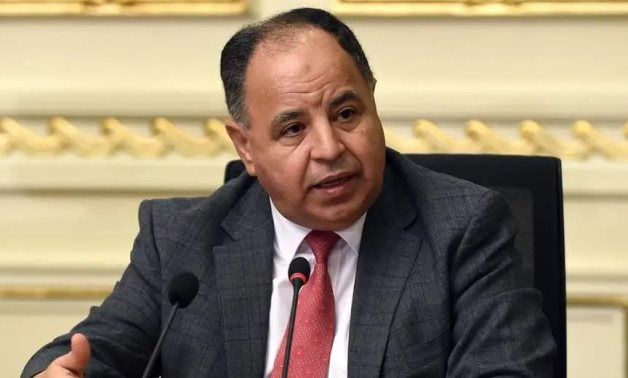
The beneficiaries of this program are required to have completed their paperwork for shipments by June 30, 2023.

In a statement, Maait highlighted the impact of global and regional crises on Egypt's economy, particularly through soaring inflation.

Maait said that the goal of the reforms is to inject more private investment flows into Egypt's economy and achieve more sustainable economic growth, led by the private sector in the upcoming period.

In the last quarter of the current fiscal year, LE 715.7 million has been allocated to pay the entitlements of employees within the funds and accounts, accounting for the recent increase, as stated by the Minister of Finance.
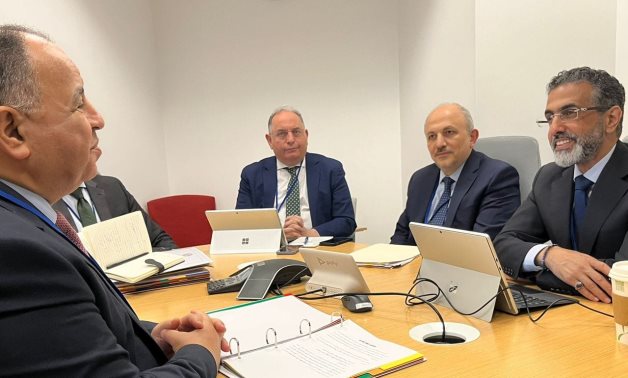
This came during a meeting with Fahd Al Turki, Director General and Chairman of the Board of Directors of the Arab Monetary Fund (AMF) on the sidelines of World Bank and IMF spring meetings.

Minister Maait emphasized that the initiative has resulted in a significant influx of remittances from Egyptians abroad, amounting to $750 million.
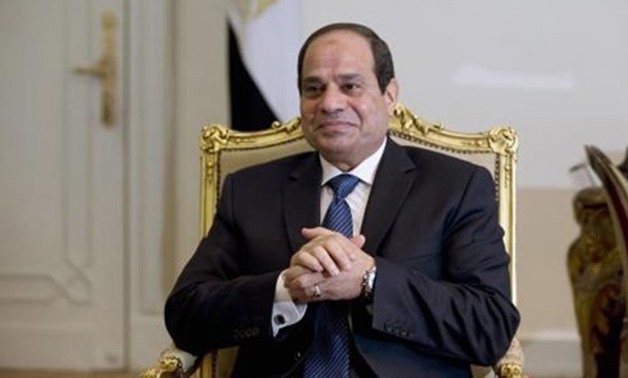
This consolidation involves merging the budgets of all 59 economic entities within the state budget Itself, as approved by Members of Parliament in the previous month.

737 field campaigns involving 50,000 establishments in Cairo and other areas were conducted and showed a compliance rate of 66 percent for income tax registration and 49 percent for value-added tax registration. As a result of these campaigns, tax dues totaling LE 1.6 billion have been paid instantly.
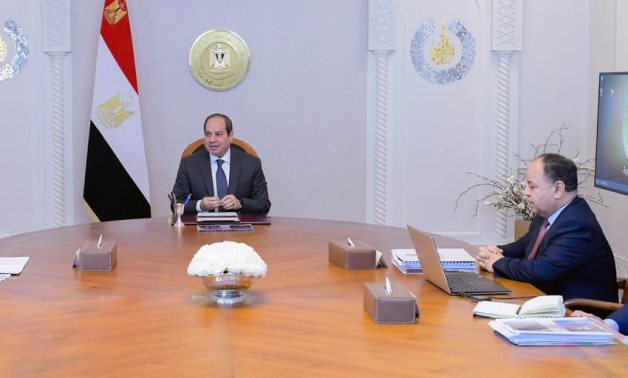
Maait further explained that the state budget aims to achieve an initial surplus of 3.5 percent and gradually reduce the overall deficit to 6 percent of the GDP in the medium term.

In terms of support, Egypt has earmarked LE 596 billion, including over LE 134 billion for food supplies and more than LE 147 billion to support petroleum products.